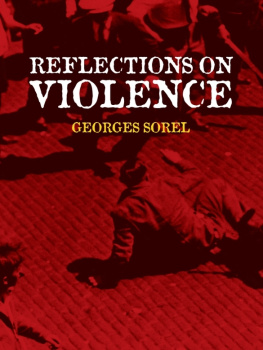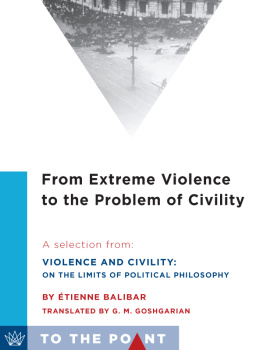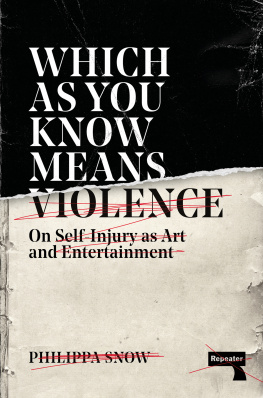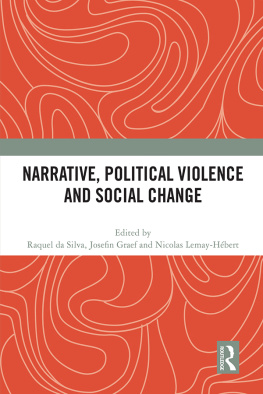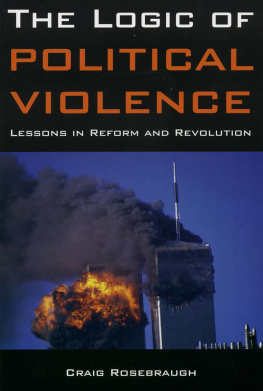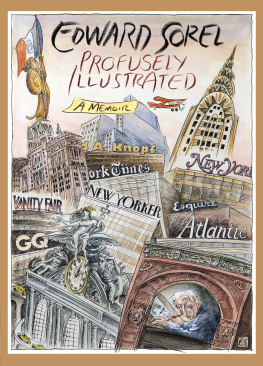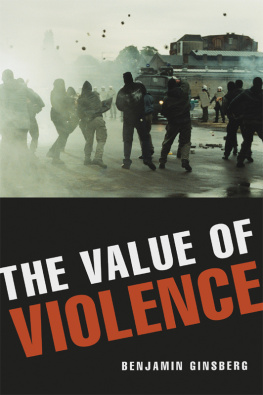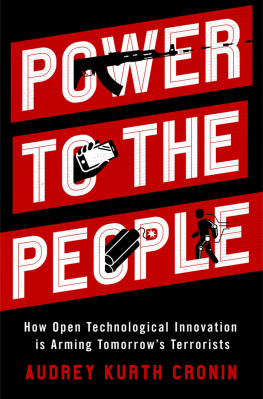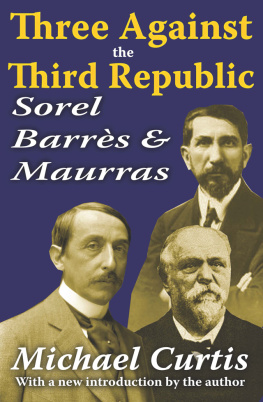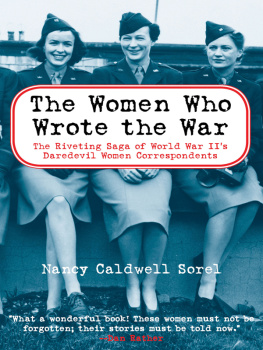Sorel - Reflections on Violence
Here you can read online Sorel - Reflections on Violence full text of the book (entire story) in english for free. Download pdf and epub, get meaning, cover and reviews about this ebook. year: 2012, publisher: Dover Publications, genre: Religion. Description of the work, (preface) as well as reviews are available. Best literature library LitArk.com created for fans of good reading and offers a wide selection of genres:
Romance novel
Science fiction
Adventure
Detective
Science
History
Home and family
Prose
Art
Politics
Computer
Non-fiction
Religion
Business
Children
Humor
Choose a favorite category and find really read worthwhile books. Enjoy immersion in the world of imagination, feel the emotions of the characters or learn something new for yourself, make an fascinating discovery.
Reflections on Violence: summary, description and annotation
We offer to read an annotation, description, summary or preface (depends on what the author of the book "Reflections on Violence" wrote himself). If you haven't found the necessary information about the book — write in the comments, we will try to find it.
Reflections on Violence — read online for free the complete book (whole text) full work
Below is the text of the book, divided by pages. System saving the place of the last page read, allows you to conveniently read the book "Reflections on Violence" online for free, without having to search again every time where you left off. Put a bookmark, and you can go to the page where you finished reading at any time.
Font size:
Interval:
Bookmark:
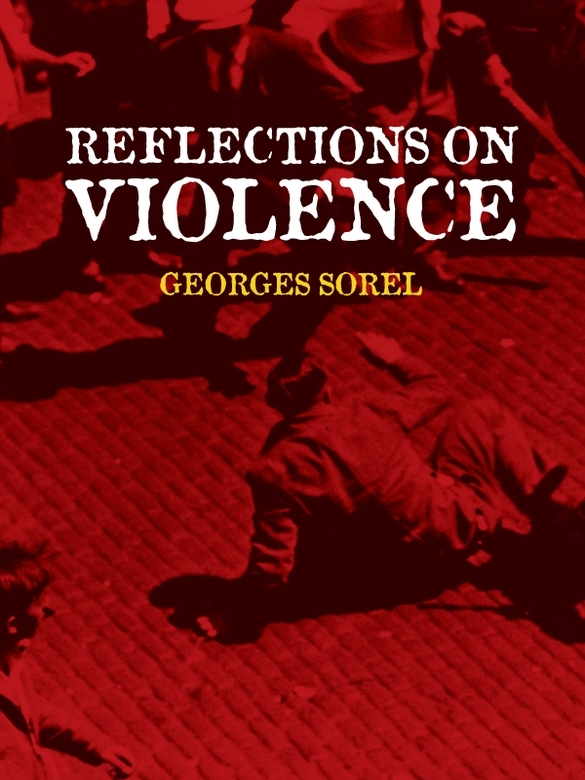
I. Biological concepts which support the idea of unity; their origin.
II. Ancient unity and its exceptions. Christian mysticism. The rights of man; their consequences and their criticism. Utility of the historic conception of man.
III. The ecclesiastical monarchy. Harmony of powers. Abandonment of the theory of harmony; idea of absoluteness better understood today.
IV. Current preference of Catholics for accommodation. Indifference of the state. Current conflicts.
V. Contemporary experiments provided by the church: parliamentarism; selection of fighting groups; multiplicity of forms.
THIS NEW edition of the Rflexions sur la violence is a reprint of the one which appeared in 1908; I have thought it necessary to add this chapter to it in order to show how mistaken people are who believe they raise an irrefutable argument against the doctrines based on the class struggle by saying that, according to the evidence of common sense, the conception of society is permeated throughout with the idea of unity.
That in many circumstances the unity of society must be taken into very serious consideration, especially those circumstances which are most related to acting on the every day constructions of the mind which we attribute to common sense, is something no reasonable person will dream of challenging. One may say, in effect, that social unity presses upon us from all sides, so to speak, in the ordinary course of life; because we feel, almost always, the operation of the effects of hierarchical authority which imposes uniform rules on citizens of the same country. It must not be forgotten, on the other hand, that if common sense is perfectly adapted to the requirements of ordinary relations, it almost always omits the most serious events in life, those in which the value of profound intentions makes itself evident; it must not, therefore, be regarded as certain that the idea of unity thrusts itself into every social philosophy.
Certain widely current language habits of today have contributed more than all the arguments to popularizing the prejudices in favor of unity. It has been found convenient very often to employ formulas in which human organizations are likened to the higher order of organisms; the sociologists took considerable advantage of these ways of speaking, which permitted them to give the impression that they possessed a very substantial science based on biology; since the naturalists made many resounding discoveries during the nineteenth century, sociology profited from the prestige which natural history acquired. Such socio-biological analogies present the idea of unity with singular insistence; one cannot, indeed, study the higher animals without being struck by the extreme state of dependence of the parts in relation to the whole living body. This connection is so much closer than many scholars believed for a long time, that it would be impossible to apply to physiology the methods which were so successful in physics; the natural unity, they thought, would be impaired by the mechanism of experimentation, so that one would only see a sick person like those destroyed by neoplasms.
It is not necessary to be a very profound philosopher to perceive that language deceives us constantly as to the true nature of the relationships which exist between things. Quite often before venturing upon a dogmatic criticism of a system, there would be a very real advantage in finding out the origin of the images which are frequently encountered in it. In the present case, it is evident that the socio-biological analogies indicate the reverse of reality. Just read, for example, the famous book of Edmond Perrier on the Colonies animales: This scholar manages to render rather intelligible the mysterious phenomena that he wishes to describe, by employing concepts borrowed from the so varied relationships that men form among themselves; he, therefore, follows a very good method, for he employs the relatively clearer areas of knowledge to make the organization of the extremely obscure areas intelligible;
After having utilized in order to obtain sound biological description, the abundant evidence that human groups provide us, does one have the right to transfer into social philosophy, as do the sociologists, formulas which had been constructed by means of observations made on men, but which, in the course of their adaptation to the requirements of natural history, evidently have not escaped undergoing some modifications? In order to be suitably applied to organisms, they have singularly distorted the notion of human activity by disregarding what everyone regards as being the most noble prerogatives of our nature.
When one compares the animal colonies, one may arrange them on a ladder of evolution culminating in that perfect unity of all the partial activities which is revealed in the normal psychology of man; one may say of those which are least controlled by a directing center, that they already possess potential unity; the different levels are distinguishable, one from the other, only by the greater or less concentration which they present; for there is, nowhere, any element irreducible to unification. On the other hand, it has often been said that our Western societies, thanks to their Christian culture, offer the spectacle of consciences which achieve a full moral life only on condition that they understand the infinity of their value; such societies are, therefore, irreconcilable with the unity which the animal colonies reveal to us. By resetting in sociology the social concepts that biology has devised for its own needs, one exposes oneself, therefore, to committing grave contradictions.
Historians have often pointed out that the societies of antiquity were much more unitary than ours. one is even led to doubt if Aristotle would have dared present his anti-unitary conceptions with so much assurance if, in his time, the communities had not been struck with an irremediable decadence, so that the restoration of the old discipline must have appeared singularly Utopian to his readers.
There have certainly existed, in all periods probably, anarchical elements in the world: but these elements were confined to the frontiers of society , which did not protect them the people came to understand their existence only by assuming the existence of mysterious protectors who defended these isolated groups against the dangers which threatened them; such anomalies could not influence the minds of men who wanted to found the science of politics in Greece by the observation of things which most commonly occurred.
The mendicants, certain itinerant artists, and especially the singers, the bandits, have provided the most significant isolated types; their adventures were able to give birth to the legends which charmed the masses; this charm arose especially from what these adventures contained of the unusual; the unusual could not enter into the classical philosophy of the Greeks.
I really believe, however, that despite this rule Aristotle recalled the Greek hero, who had occupied so eminent a place in the national traditions, when he spoke of the destiny reserved for the man of genius. The latter may not be subjected to the common laws; he could not be suppressed by death or by exile; the Community has, therefore, no other recourse than that of submitting to his authority. One must observe that these celebrated reflections occupy only a few lines in the Politics and, especially that Aristotle seems to regard the hypothesis of the reappearance of such demigods as extremely unlikely.
Font size:
Interval:
Bookmark:
Similar books «Reflections on Violence»
Look at similar books to Reflections on Violence. We have selected literature similar in name and meaning in the hope of providing readers with more options to find new, interesting, not yet read works.
Discussion, reviews of the book Reflections on Violence and just readers' own opinions. Leave your comments, write what you think about the work, its meaning or the main characters. Specify what exactly you liked and what you didn't like, and why you think so.

